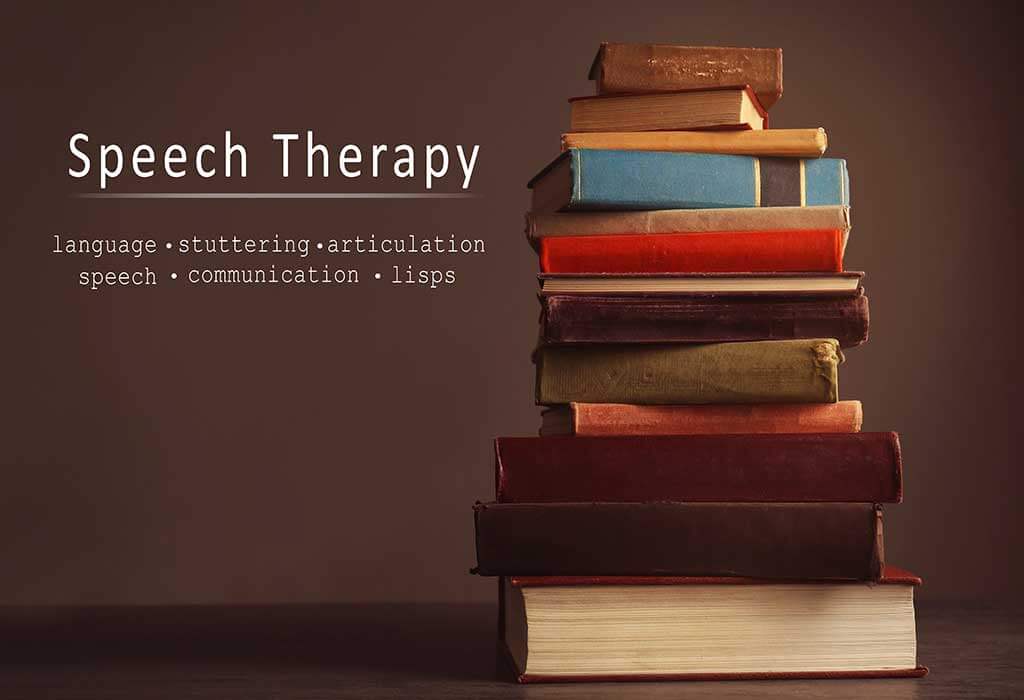The power of language is crucial irrespective of age, but this developed skill is especially vital for the elderly. Older individuals who are unable to effectively communicate what they require in a specific circumstance may not receive the assistance they need in an urgent situation. This is where speech therapy comes to the rescue. It employs tried-and-true vocal practices that can enable elders to regain their ability to talk and interact efficiently after a stroke, cancer, dementia, or head injury. Read on to find out more about what speech therapy can do for your loved ones.
Teaches an Elderly To Swallow Normally
Swallowing necessitates a sequence of coordinated muscular shiftings. That is why when muscles aren’t working properly, it can cause issues. To assist in swallowing, a speech-language pathologist may recommend specialized swallowing techniques. The routines you practice vary based on your throat condition, but they can help you build muscle strength and better control over time. This could facilitate your loved one to swallow smoothly again in the future.
Helps to Cope with Dysarthria and Aphasia
Dysarthria is a condition in which the muscles used for speech are weak or hard to control. It is characterized by slurred or sluggish speech that is difficult to comprehend. Nervous system abnormalities and ailments that induce facial paralysis, tongue or throat muscular weakness are leading triggers of dysarthria. But your family member can count on speech therapy to help them improve their communication skills.
Another condition the elderly may face is Aphasia. It impairs your parent’s ability to talk, write, and comprehend spoken and written communication. The disorder usually happens as a result of a stroke or a head trauma. However, it can also develop gradually due to a slow-growing brain tumor or an illness that causes lasting harm. Speech and language therapy is the major treatment for aphasia once the issue has been identified. Your family member will relearn and practice linguistic skills, as well as how to interact with others.
Tackles Fluency, Resonance, and Articulation Malfunctions
Fluency abnormalities are speech problems that affect the rate and rhythm when your family member speaks. Stammering is a well-known fluency condition in which a person duplicates sounds or has unnatural lags between words or parts of syllables in speech.
An elderly person with a resonance issue may also sound nasal as if they have had their nose stuffed. This could be caused by airflow obstructions or interruptions in the nasal or oral canals. Cleft palate, neurological problems, and swollen tonsils are all common causes of resonance disorder.
You may also quickly notice that your parents may have trouble pronouncing words and they tend to alter, omit, or distort vowels or consonants in words. However, with the help of speech therapy, malfunctions in fluency, resonance, and articulation can be corrected.
Speech therapy can do wonders for your loved ones as seen in this article. It can teach the elderly how to swallow normally again, cope with conditions such as Dysarthria and Aphasia, and tackle various speech issues. However, it’s not a quick solution. Allow some time to let therapy take its place and be patient as you await positive outcomes.







